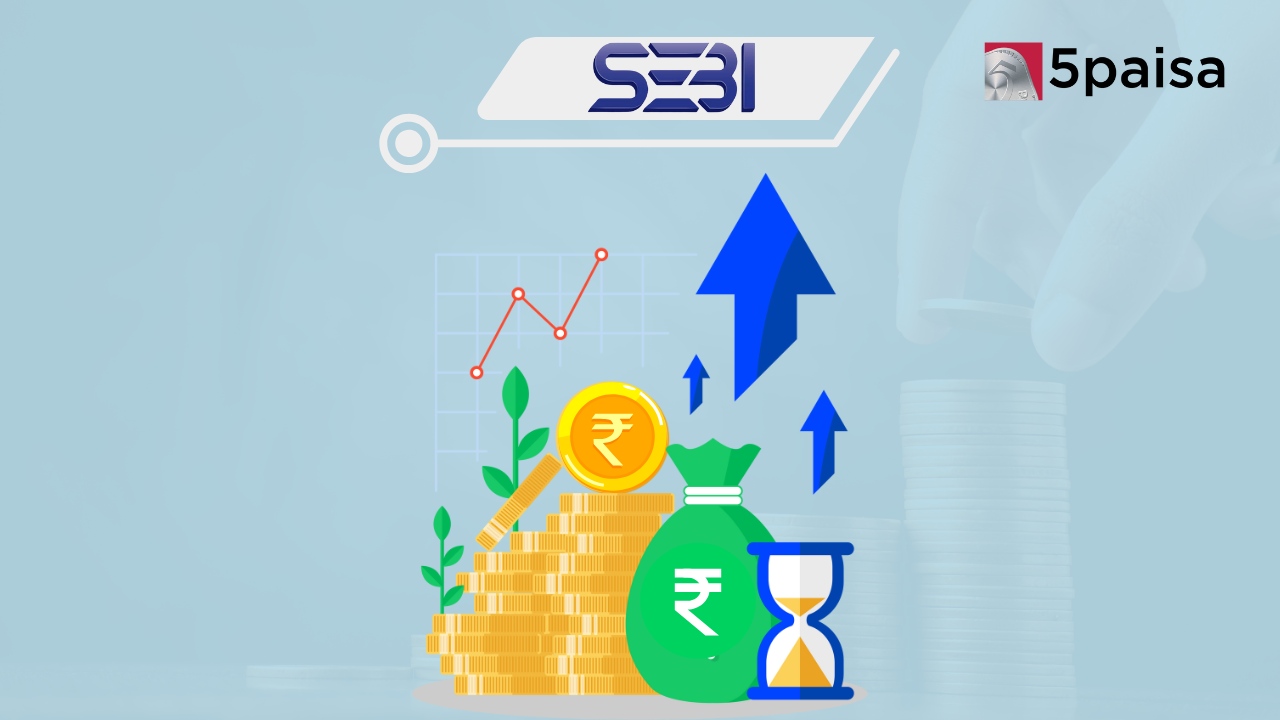Cochin Shipyard Surges 5% on ₹450 Cr Tug Deal with Adani Ports
Domestic Airlines may report Rs17,000 crore net loss in FY23

Last Updated: 10th December 2022 - 12:03 pm
When there is good news and bad news about an industry, it is always best to start with the good news. That is what we will do. The good news is that the estimated losses of aviation companies in FY23 would be about 26% lower compared to FY22. The bad news is that, at Rs17,000 crore the absolute losses will still mean that airline companies would continue to bleed in FY23 also. A loss of Rs17,000 crore looks better than Rs23,000 crore in FY22, but that is little consolation for the aviation industry which is already in deep pain.
There are several reasons for the losses of aviation companies sustaining according to ICRA. In its latest report on the aviation sector, ICRA has pointed out that elevated prices of Aviation Turbine Fuel (ATF) combined with a weak rupee have resulted in losses for aviation companies and the situation would only improve marginally in the current fiscal year FY23. Currency movement is an important headwind as the industry has total debt of Rs1 trillion (including lease liabilities) and that is very vulnerable to a weakening of the Indian rupee.
The price of aviation turbine fuel (ATF) in India is directly linked to the landed cost of crude. While crude prices have come down from the March highs, it is still way higher than the median price levels of 2021. Also, ATF accounts for around 45% of the operational cost of an airline while anywhere between 35% to 50% of the operating expenses are vulnerable to the adverse movements of the rupee against the dollar.
That is what makes the aviation industry so vulnerable to these two factors alone, in terms of materiality.
If you just look at the first quarter ended June 2022, Indigo has reported a net loss of Rs1,064 crore while SpiceJet has reported net losses of Rs789 crore. The two key drivers for this sharp spike in the losses were the weak rupee and higher jet fuel prices. However, the good news is that the top line has been supported by a surge in passenger traffic. For example, domestic air passenger traffic grew 57.7% yoy to 84.2 million in FY22. The lower incidence of COVID infections and rapid pace of vaccination helped the top line growth.
For FY23, the robustness in top line is expected to continue. The estimated net loss of Rs17,000 crore by aviation companies for FY23, according to ICRA, would be triggered by elevated ATF prices and the recent depreciation of Indian rupee against the US dollar. With the Bloomberg Dollar Index (DXY) at an all-time high of above 110 and the rupee perched close to 80/$, this is one aspect of the aviation company numbers that looks the most vulnerable at this point of time. ATF and USDINR have the highest bearing on costs.
In Q1FY23, domestic air passenger traffic surged 104% to 32.5 million, albeit still 7% short of pre-COVID levels. For FY23, the reduced pandemic risks and improvement in tourism is likely to boost yoy growth by around 54%. There is likely to be robust demand from the leisure and business travel segments. However, compared to pre-COVID levels, the costs are up 30% and that is the catch. The Ministry of Civil Aviation has discontinued fare restrictions, but in such a competitive industry, it is not clear if that would have any material impact.
There has been a lot of talk about reduction in the debt levels of the aviation industry. However, that is misleading as the debt reduction is dominated by Air India. The international passenger traffic for Indian carriers is also on a strong growth trajectory. However, the Russia-Ukraine war will keep ATF prices elevated. Also, with the Fed hawkish, there seems to be no relenting on dollar strength. The bottom line is that the aviation spread i.e. the gap between revenue per available seat kilometre (RASK) and cost per available seat kilometre (CASK) will continue to be unfavourable for Indian aviation.
- Flat ₹20 Brokerage
- Next-gen Trading
- Advance Charting
- Actionable Ideas
Trending on 5paisa
Indian Market Related Articles
Disclaimer: Investment in securities market are subject to market risks, read all the related documents carefully before investing. For detailed disclaimer please Click here.
 5paisa Research Team
5paisa Research Team




